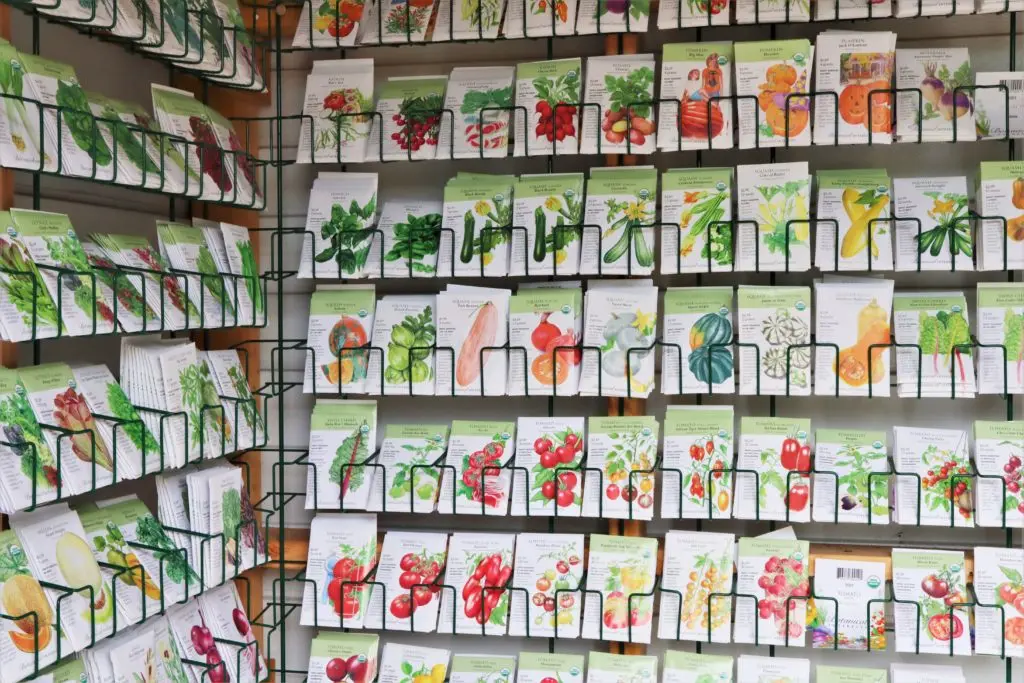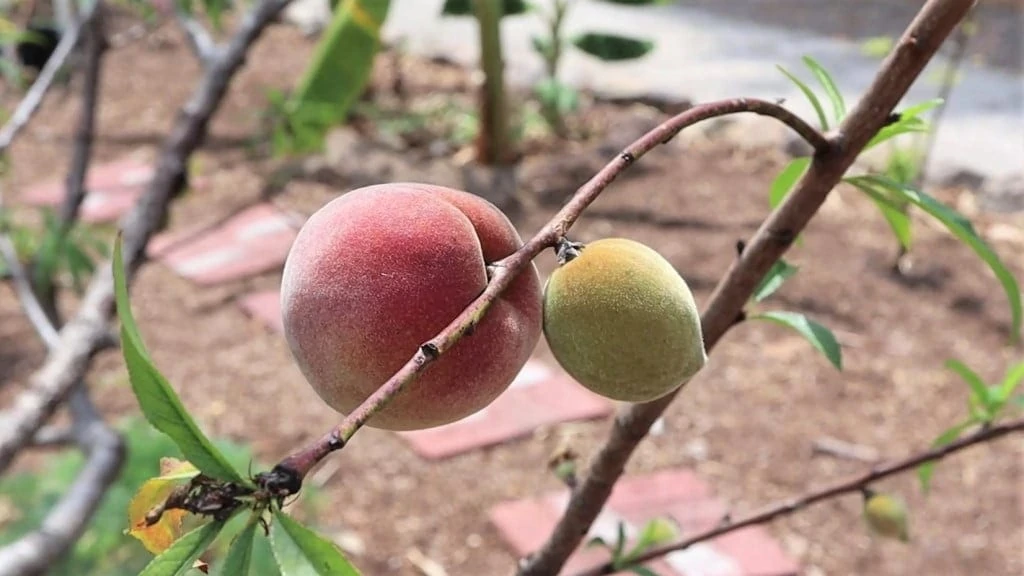by Amanda Rose Newton
The beginning of August means back to school for students of all ages and regardless of whether it’s back to campus or learning in the home office, the garden provides a wealth of wisdom.
The benefits of school gardening have been well documented over the last 25 years, showing positive outcomes linked to nutrition, science, math, and environmental stewardship.

Students who engage in gardening have even shown improvements in self-esteem, advocacy, and compassion for others. Even if your college campus or child’s classroom is not fortunate enough to have its own garden, there are many ways growing a simple plant can lead to a lifetime of knowledge.
Plant a Seed, Grow a New Mindset
One of the triumphs of educational gardening has been getting kids of all ages (adults too) to demonstrate compassion. When you have a direct part in choosing seeds or plants, go through the labor of planting, and invest in their care, you create a deeper connection to the process and gain an understanding of the commitment level it takes.

Watching plants grow is tactile proof of your effort, which can lead to greater self-efficacy or the notion that you are able to reach your goals. This mindset is achievable for anyone, and you do not need to plant an acre in order to reap the benefits.
Food for Thought
Last week, we talked about the benefits of visiting Farmers Markets and how it creates a wonderful chance to try in-season vegetables and new to you produce. If you have zero space to garden, you can still help foster a sense of connectivity and understanding of how the food in the grocery store makes it to our table by shopping locally.
Going to the local market is an educational experience for the whole family and allows for a better understanding of seasonal patterns, which factors influence food availability, the economics of price fluctuations, and exposes young learners to a potentially wider variety of food. Pretty much any subject, from math to social studies can be worked into a trip to the market.
Nurturing Nutrition
Another accomplishment associated with gardening in the classroom is the establishment of better eating habits and awareness of nutritional needs. With the surplus of food available, we often forget about the roots of where our food comes from and the time it takes to get from seed to table.

Remember the mindset shift we discussed above? A similar effect occurs when growing your own vegetables and fruit. The more invested you are in growing it, the more likely you are to eat it. Many children (and adults, too) who claim to hate certain vegetables and/or fruit, find they like them when its grown and prepared by them.
Trying new recipes allows for a sneaky way to incorporate math along with the science of growing plants from seed to fruit all while getting students excited about both gardening and eating right.
Starting with a simple container and theming it into a pizza garden (basil, tomatoes, peppers, and onions all together) is an easy way to bring this valuable learning practice to your home.
Putting Down Roots
Community engagement and environmental stewardship are often-overlooked areas of education important to social development and lifelong success. If you love the idea of gardening as an educational and well-being practice but lack the space, consider participating in a community gardening effort.
Several locations offer plots you can “rent” to plant enough to feed your family and teach valuable skills in math, literature, and science at the same time. Many local churches, such as Celebration Tabernacle on Fiske and Dixon in Cocoa, provide opportunities for locals to engage in community involvement while providing food security for themselves and nearby families.
When children are involved in taking care of a green space, they have been known to show more care for in-ground plantings, water conservation, and have a better understanding of their role in maintaining the environmental health of the community.
Think Green
The events of the past year have shone a light on the importance of our green industry, which features everything from agriculture to florists.
Food, flowers, and plants bring happiness and health to so many, and the job market in this industry is growing. If you have been looking for a career switch or would just like to know how to start your own garden, consider enrolling in a few horticulture courses at your local college.
Eastern Florida State College features a dynamic hands-on horticulture program consisting of an associate’s degree as well as three different certificates with an emphasis on technology and landscape design. A partnership with Rockledge Gardens means students get direct experience learning everything from greenhouse operations to beekeeping while completing their degree.
Florida is one of the largest states (second to only California) in providing green industry jobs, meaning their skills are put to work (literally) as soon as they graduate. For those who can’t stop learning, they have the option to take their learning to the next level by attending the University of Florida.
Whether you are returning to school or are homeschooling young ones, a garden provides a chance to help grow knowledge, no matter the subject.



